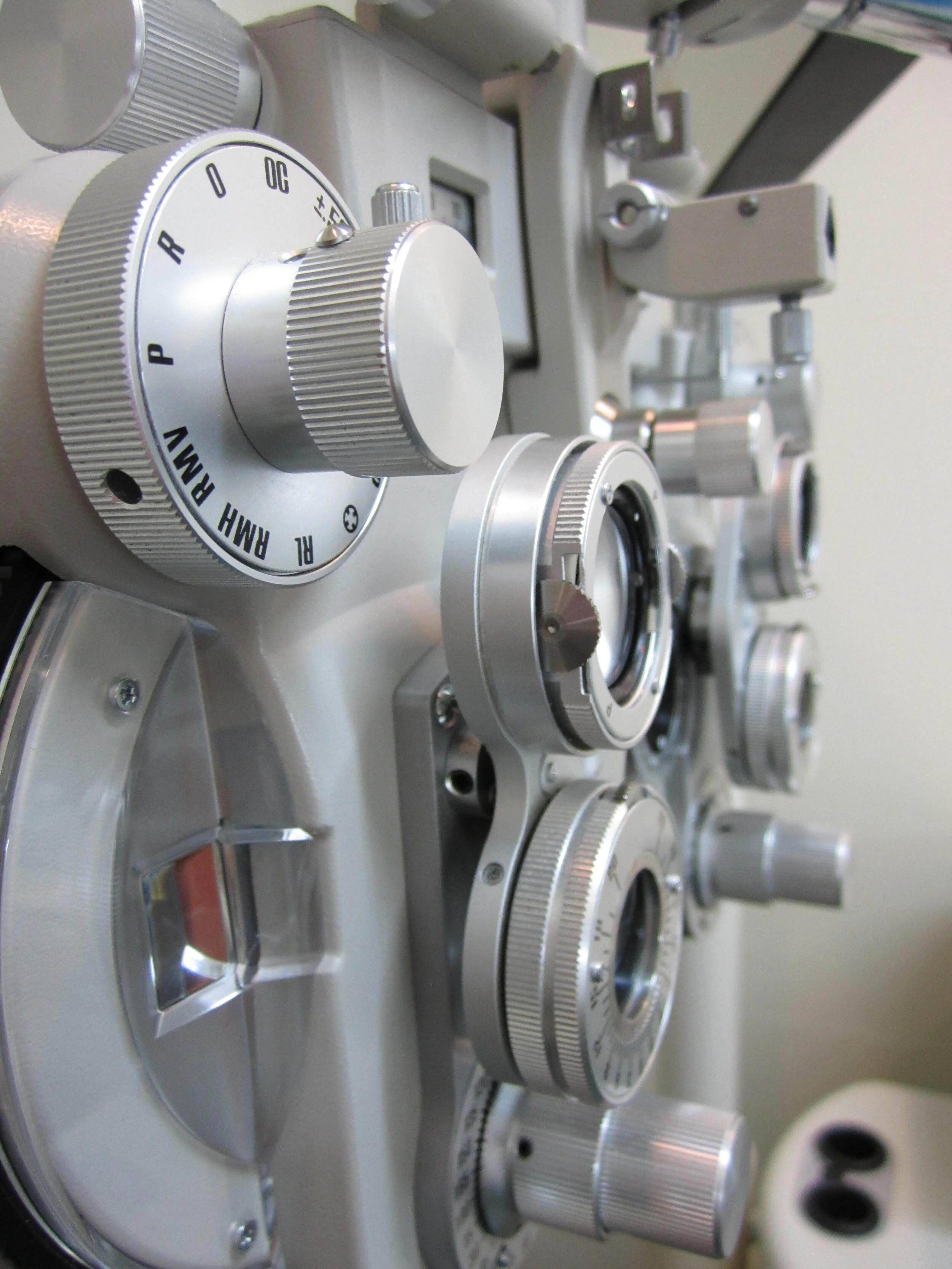No. Although prescribing glasses is part of an optometrist’s role, there are multiple specialisations including paediatrics, low vision, behavioural optometry (working with children with learning difficulties and patients with head injuries), sports optometry, hospital optometry and contact lenses.
Do I have to do surgery?
No, optometrists are not medically trained and don’t do surgery. A person who needs eye surgery is referred to an eye specialist (called an ophthalmologist). Optometrists can treat many other eye conditions with prescription medications.
What are the job prospects like?
Good. Most graduates succeed in getting a job after university. The population is aging so there is a greater need for glasses and more eye disease. With a BOptom you can work in New Zealand and Australia.
What is the work/life balance like as an optometrist?
Very good. Regular office hours and the freedom to choose where to live and work.
Qualities of a good optometrist:
Accurate, eye for detail, good communicator, friendly and loves meeting new people, ability to think on your feet, problem solving
DISPENSING OPTICIAN
Are you doing Level 2 Maths?
Do you want to help people? Are you interested in getting a qualification while you work? Find out about becoming a Dispensing Optician.
What is a Dispensing Optician?










